Environment
-
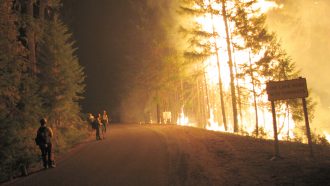 Environment
EnvironmentBurning to learn
Fires cause billions of dollars of destruction to homes and forests every year. But not all fires are bad, especially for forests. With a better understanding of fire, scientists can both help people prevent dangerous fires — and identify which ones it would be better to let burn.
-
 Environment
EnvironmentExplainer: How and why fires burn
A fire’s colorful flame results from a chemical reaction known as combustion.
-
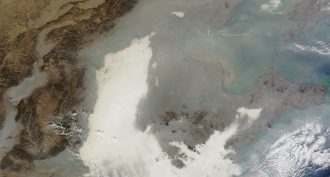 Environment
EnvironmentChina exports pollution alongside goods
Many companies have moved the plants that make their products to developing countries, such as China. But the pollution linked to making those products can travel around the world.
-
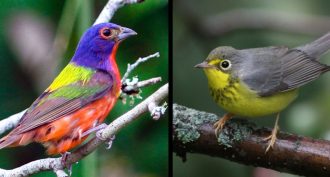 Animals
AnimalsBirds versus windows
Buildings in the United States can be deadly obstacles to flying birds. A new study estimates that as many as 1 billion birds die every year after colliding with windows. And low buildings — not skyscrapers — account for most of those deaths.
-
 Earth
EarthMining metals amidst seafloor animals
Miners may need to get their feet — and everything else — wet as they carefully seek out loads of copper and other valuable natural resources.
By Sid Perkins -
 Animals
AnimalsSharks become science helpers
Jaws may scare beachgoers. But sharks bring a smile to some environmental scientists, who are using the toothy fishes to collect data on the ocean.
By Beth Mole -
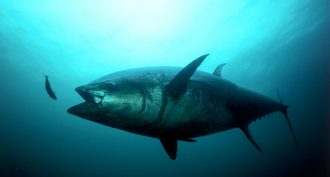 Environment
EnvironmentOil harms fish hearts
Oil spills in the ocean can perturb the beating of heart cells.
By Beth Mole -
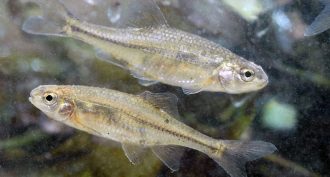 Animals
AnimalsFirst living fish leaves ‘endangered’ list
Twenty-one years ago, a minnow facing a high risk of extinction was placed on the U.S. Endangered Species List. With help from scientists, the fish appears to have largely recovered. It’s the first ‘listed’ fish to do so.
-
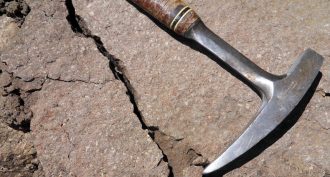 Environment
EnvironmentDoes lightning sculpt mountains?
A new study sparks debate about how much rubble on a mountainside has been blasted loose by powerful bolts from the sky.
By Sid Perkins -
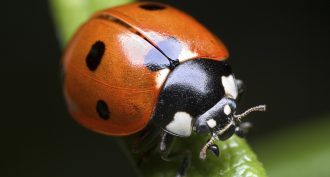 Agriculture
AgricultureHow to limit the need for pesticides
The American Academy of Pediatrics suggests taking steps to limit children’s exposure to pesticides.
-
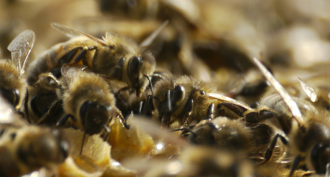 Animals
AnimalsWhy are bees vanishing?
Scientists find evidence that pesticides, disease and other threats are devastating bees. And that could hurt farmers big time.
-
 Computing
ComputingCool Jobs: Paid to dream
Some visionaries use science and engineering to see what our world could — and should — become
By Kellyn Betts